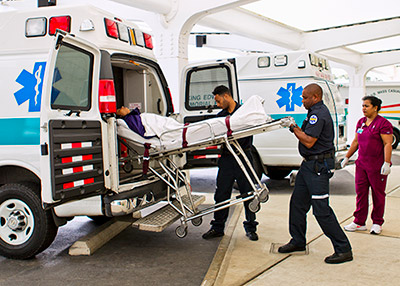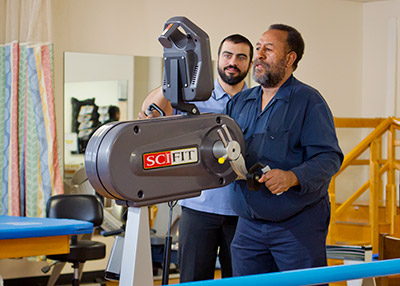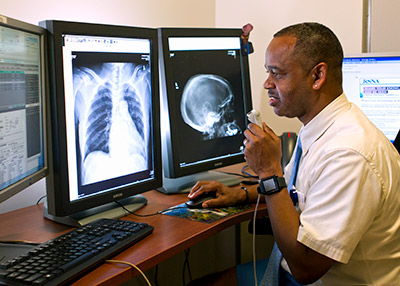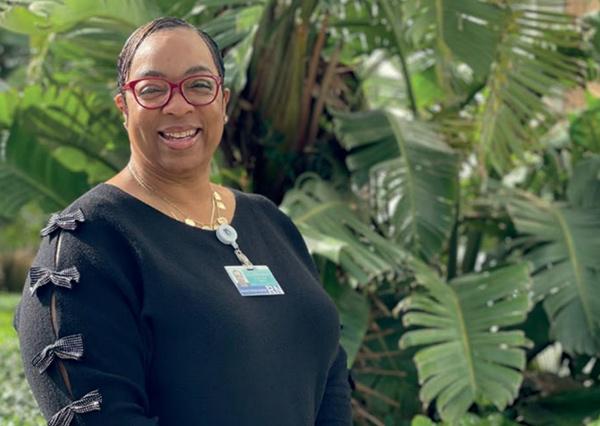Genuine caring and strong determination
In her teens, Curlena Smith had already set her sights on a career in nursing. Curlena was in the nursing programme at Delaware State University and had completed a summer internship at King Edward VII Memorial Hospital in 20000 when she had to defer her studies. “It was a difficult decision but necessary at the … Continue reading






